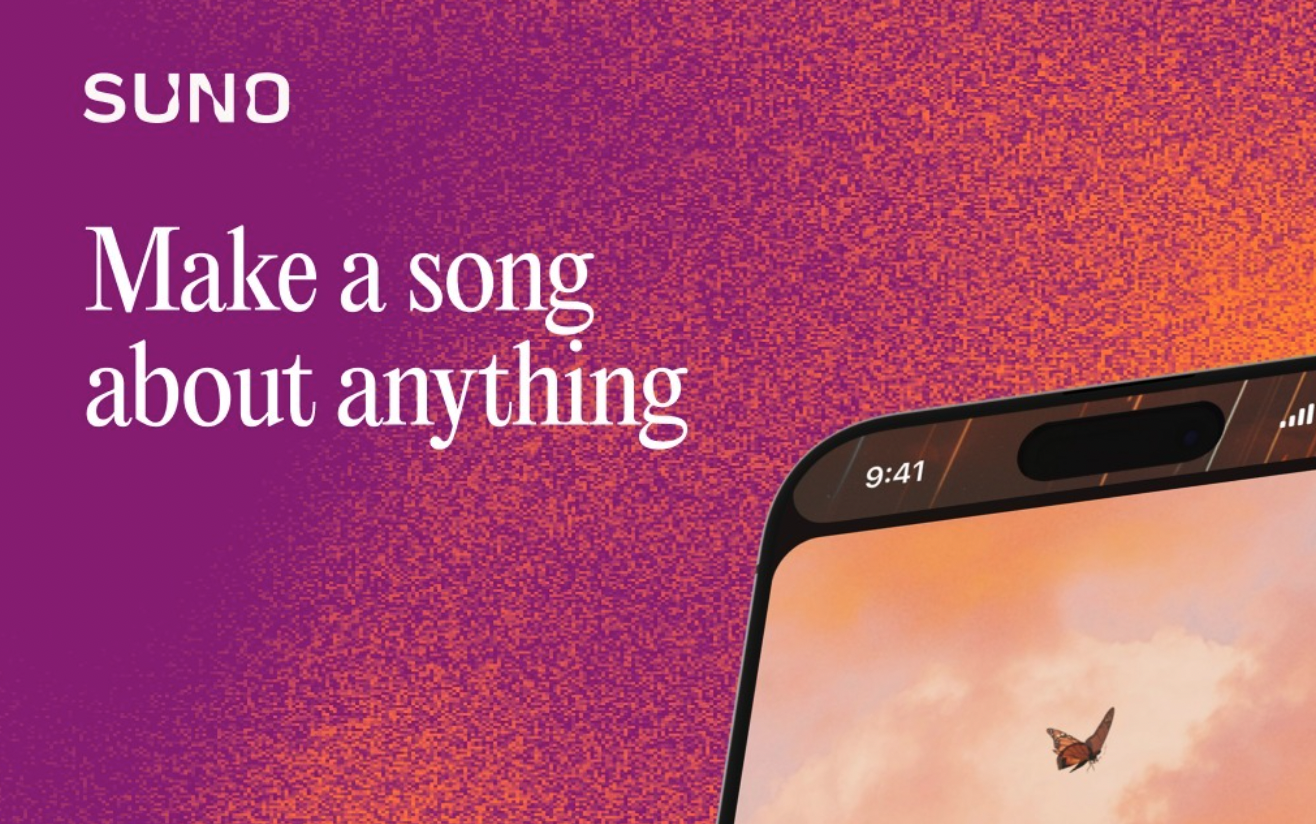“Suno’s training data includes essentially all music files of reasonable quality that are accessible on the open internet.”
“Rather than trying to argue that Suno was not trained on copyrighted songs, the company is instead making a Fair Use argument to say that the law should allow for AI training on copyrighted works without permission or compensation.”
Archived (also bypass paywall): https://archive.ph/ivTGs



I think that the argument is that it’s not actually copying it and instead learning from it.
I feel like they really have to pay something. Maybe their argument is right and they shouldn’t pay full price given that if a human did the same thing to learn to make music, they also wouldn’t be billed in that way, given it’s openly available.
Maybe they are required to give a portion of profits back to the source materials creators?
The purpose of the copyright system is that someone should not be allowed to take your material and sell it to someone else passing it off as your own and make the profit thereby stealing the profit from you. I don’t think that’s what’s happening here but also at the same time it doesn’t seem like what they’re doing is right because they’re making profit off of somebody else’s work without paying anything.
It feels to me like the answer should be somewhere in the middle.
I certainly don’t have the answers though.
It’s not learning, though.
Saying that these models have learnt the data they’ve been built with is akin to saying a zip file has learned the data it’s storing.
It’s not AI or anything remotely resembling AI, it’s just a new form of storage that’s very good at classifying the data that’s been stored in it and retrieving stored data that shares similar classification properties.
Its only difference from straight up copying are the classifications it builds. Whether that’s transformative enough to count as fair use, though, is open to debate.
If you make a software that takes random pictures off the web and randomly makes collages out of them, would it be fair use? Would those collages be copyrightable?
Whatever you answer should be your same answer for these models (I believe current copyright law would say that the software is copyrightable, but its works aren’t, and don’t fall under fair use, but I might be wrong).
A collage would be fair use, yes I believe that’s already been established but again I’m not like a copyright lawyer or anything like that. I’ll leave that for others to research and prove in the courtroom.
I would say that your first example, as it file is not really accurate but the collage may be more so. It’s a statistical model that calculates statistically what a thing should be. Is it learning? Maybe maybe not.